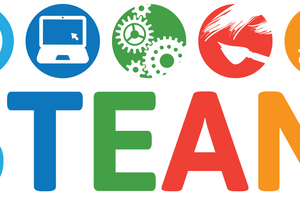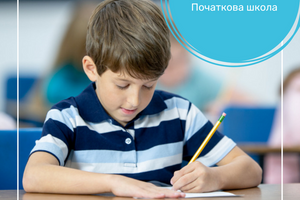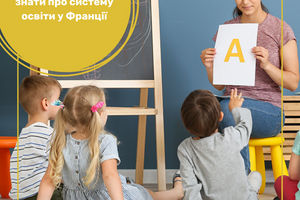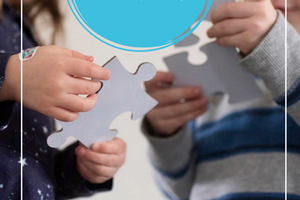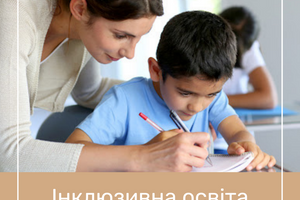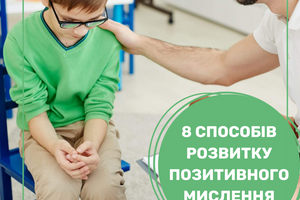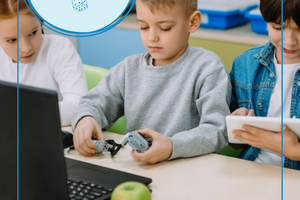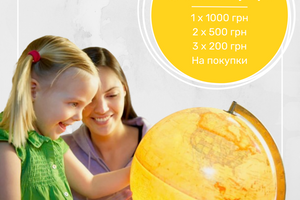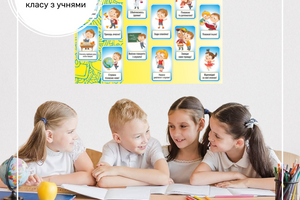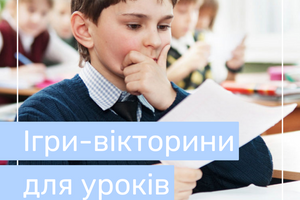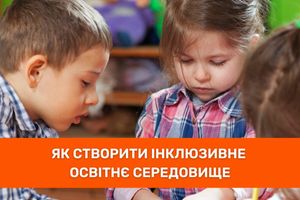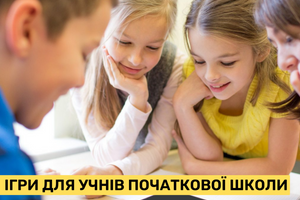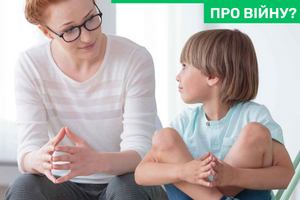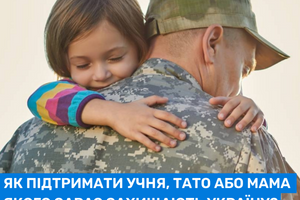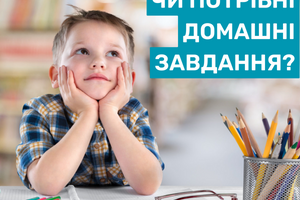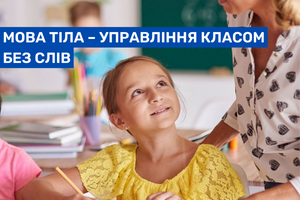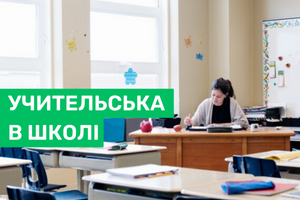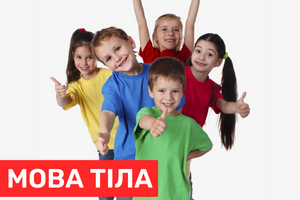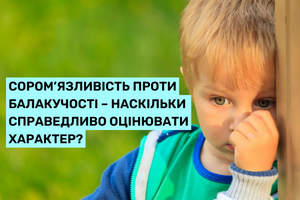Emotional development of children. Social and emotional skills
Strong emotions arise in cooperation: to argue, reconcile, get angry, laugh together, cry, comfort each other, be happy ... We, people, and the society in which we live, form emotions. But children must first learn how different emotions are expressed, what they mean and how they can work with them.
Social and emotional skills are an important foundation for a happy adult life. On the way there, children need support in kindergartens and kindergartens. Because social and emotional interactions take up a lot of space here, and therefore the promotion of social-emotional skills is an important educational branch of primary and preschool education.
Partial aspects of social-emotional competences
Children gradually master social and emotional skills. The four sub-aspects of emotion cognition and expression, conflict and cooperation, emotion regulation, and empathy are closely related. In order to behave emotionally adequately and form relationships in a socially appropriate way, each partial ability is equally important.
Knowledge and expression of emotions
Knowing, recognizing and naming emotions and their characteristics is the essence of knowing and expressing emotions. Children know the causes of emotions and can classify which emotions occur in which situations. This allows them to better assess social situations and learn to read other people's emotional expressions. At the same time, they recognize their own emotions and learn to express them.
Conflicts and cooperation
If different interests collide, a conflict arises. But how do you negotiate different needs? From the point of view of social-emotional skills, it is important to find a peaceful solution to the conflict. Children learn to represent their interests Knowledge and expression of emotions, emotion regulation and empathy also play an important role in non-violent conflict negotiations.
Regulation of emotions
Emotion regulation means controlling one's own feelings to some extent. Children learn to realize that there is a strong feeling, but that they should not be overwhelmed by it. You practice impulse control. Instead of flaring up or crying, the goal is to keep talking and discussing your position, even if you have different opinions.
Empathy
Empathy means understanding the perspective of others emotionally and rationally and then aligning your own actions accordingly. Why does someone show this expression of emotion? What could have happened? How would I feel at this moment? These considerations are the basis for compassion. Therefore, empathy is closely related to the cognition and expression of emotions.
By using this website, you accept the Privacy Policy and consent to the use of cookies. More information









